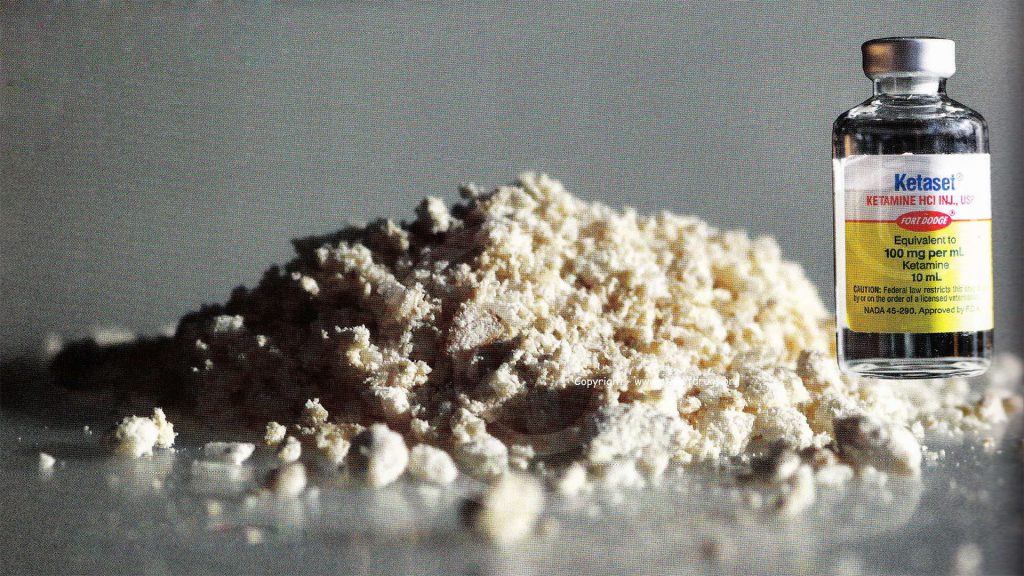-
Call Us: 0330 111 2015



At Delamere we treat all manner of addiction problems. Whist the majority of guests come to us because it is alcohol that has become a problem in life; increasingly, we work with people who have become dependent on substances or ‘processes’ too. As you might imagine, struggles with illegal substances like cocaine – or prescribed medications such as tramadol and benzodiazepines – as well as process addiction problems like gambling, shopping and sex are something we also treat.
Our belief, by the way, is that it doesn’t really matter what the ‘drug of choice’ is for an individual when it comes to achieving and maintaining an enduring recovery. Notwithstanding the fact that a detox from prescription drugs can sometimes be more involved than that from say alcohol, once the substance has been removed with help and support from our medical team, our approach then concerns itself with where the behaviour comes from; in short what has been underpinning it.
In our setting, one of the many joys of the therapeutic community is in observing guests, who perhaps otherwise wouldn’t have met, as they find identification and companionship in supporting one another through their early recovery journey. At the time of writing, a male guest in their late twenties is graduating from the Delamere treatment model alongside a lady in her early sixties who had become dependent on alcohol. Whilst they didn’t find immediate identification in speaking about their active addiction, they found much common ground in discussing why they felt they had to act out to change the way they felt.
Something we’ve seen a lot of during the covid pandemic is ketamine addiction. Often a problem for younger guests, ketamine use, abuse and addiction is becoming ever more prevalent, it seems. One guest we helped last year had nick named the drug ‘regret-a-mine’, such was his disdain, for the powder he had become addicted to imbibing.

Ketamine produces an ‘out of body’ experience or – and this speaks to why it is sometimes used in hospital settings – a trancelike dissociative anaesthesia. Long term abuse of ketamine can leave considerable scars; whether they be serious bladder complications, damage to the liver, mental health problems or abdominal cramps. Ketamine addiction is rife and it is unpleasant in the extreme, yet thankfully it can be treated.
As a treatment provider who has seen the worst of what ketamine can do, we’re intrigued by recent studies which suggest that ketamine might be effective in reducing problematic alcohol or drug use.
Now available ‘off licence’, clinics offering ketamine plus psychotherapy are coming on stream in the United States and now the UK. We’re watching with intrigue and whilst we’re supportive of innovation in the mental health sector, we believe much caution is surely needed in using a dangerous and addictive substance in an attempt to treat people prone to addiction.
Despite the controversy, serious investment is being deployed into researching the effectiveness of this new would- be- wonder drug. The effects, long-term are not yet known.
It is interesting to consider why ketamine and psychotherapy is deemed to work so well. Studies seem to cite the altered state of consciousness that ketamine induces, claiming it can help people see things differently and motivate people to pursue personal growth.
While seeing things differently is often a component of addiction treatment and therapy, we wonder whether a chemical induced short cut can bring about lasting results. If there’s a short cut when it comes to building the foundations of a solid recovery programme, we haven’t found it yet.
In our experience, those who achieve an enduring sobriety are those who are motivated and willing to ‘do the work’ and those who continue to remain active in their ongoing recovery. Our programme at Delamere aims at successful outcomes that last and everything we do here aims at helping guests achieve those. Recovery from addiction isn’t something that is ‘done to’ people, it is something they do themselves with the right support and guidance.
A quick fix might appeal and as people with an addictive personality we tend to want things ‘yesterday’. Anyone who has been through addiction and achieved sobriety knows there are no short cuts, no miracle cure, yet there is hope and recovery is possible
If it takes a month or even longer to break the cycle of addiction and process whatever it is that underpins it, and then time and effort to bed in the tools that will help one protect and maintain one’s recovery and to grow beyond addiction, so be it. Versus years wasted to addiction and given the years of sobriety that solid foundations will afford, a month and some concerted effort really is a drop in the ocean.

Martin created Delamere in order to provide exemplary care in first class facilities. Find out more about Martin on our team page.
RECENT POSTS
Why symptoms of alcoholism are increasingly being mistaken for Alzheimer’s diseaseCATEGORIES
ARCHIVES
Start your recovery journey by calling our admissions team today.
Confidential. Straightforward. Friendly.